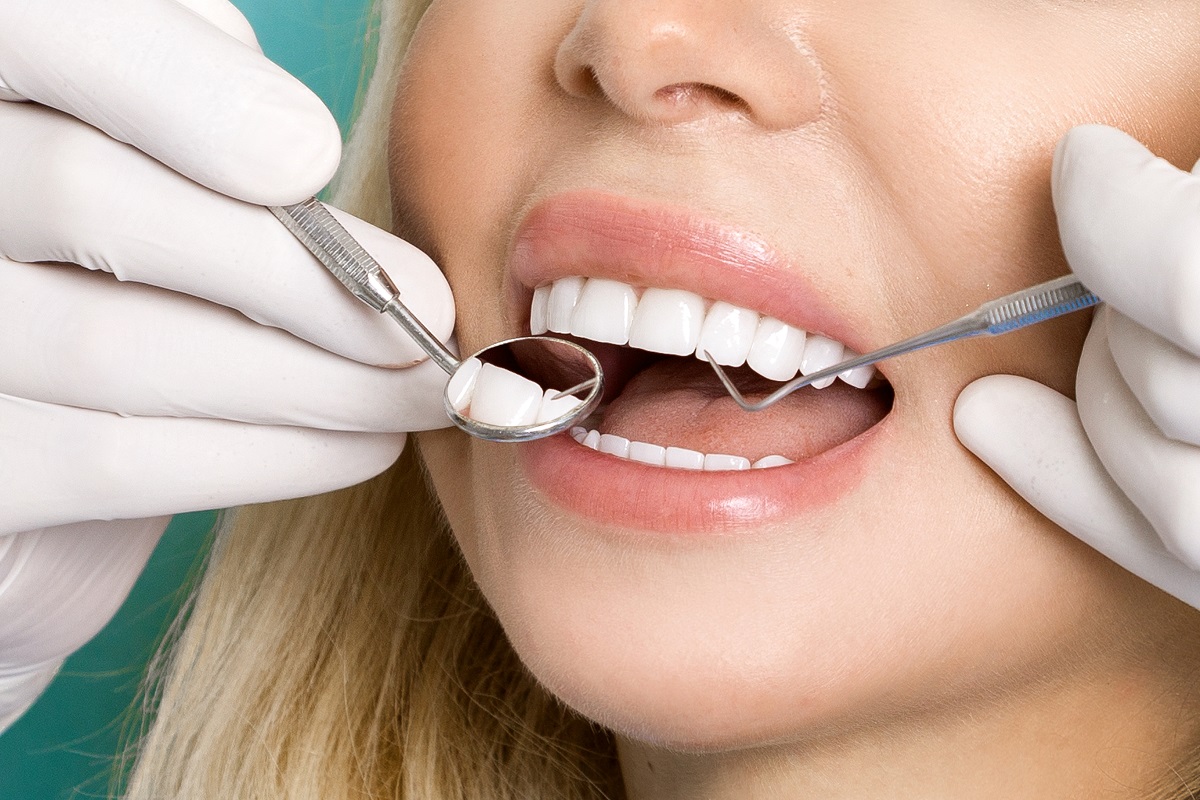Whitening your teeth is one of the best ways to improve your smile. But if you want to brighten your teeth safely and effectively, keep in mind that not all teeth whitening methods work as advertised.
That said, here are some of the best teeth whitening techniques that work, and some that don’t.
What works:
1. Professional teeth whitening
Just like with emergency dental care services, you would want a professional to handle dental cosmetic procedures for you. Hence, professional teeth whitening is the first item on our list. Compared to using over-the-counter whitening products, teeth whitening administered by a dentist is much more effective and longer-lasting. The main reason for this is because dentists are able to penetrate into the deep layers of the teeth, which allows them to address the causes of staining or discoloration.
2. Over-the-counter products
Over-the-counter teeth whitening products can help lighten the color of your teeth, but it’s important to manage your expectations. Unlike professional teeth whitening, products like toothpaste, gels, and strips can whiten your teeth by as much as one shade only. Nevertheless, using OTC products can be a cheaper and more accessible way to brighten your smile.
3. Tray-based tooth whiteners
A tray-based tooth whitener is a product that fits in your mouth like a mouthguard. It is used with a whitening solution and is worn for a certain period of time, typically for a few hours every day. You can buy a tray-based tooth whitener over-the-counter, or you can purchase one from your dentist. If you have moderate to severe tooth discoloration, it is recommended that you consult with a dentist first before buying a system.

What may not work:
1. Acidic fruits
Some people believe that rubbing acidic fruits on your teeth can naturally whiten them. However, this can do more harm than good to your oral health since acidic foods can erode your tooth enamel. Since enamel is irreplaceable, you may have to get fillings, root canals, crowns, or even extractions when erosion occurs.
2. Baking soda
Although baking soda can whiten fabric, it can’t do the same for your teeth. If anything, it can disrupt the balance of bacteria in your mouth.
3. Hydrogen peroxide
Similar to baking soda, hydrogen peroxide doesn’t work in teeth whitening. What it does do is cause free radical reactions in the living tissues of your mouth.
When is teeth whitening ideal?
Teeth whitening is ideal for people who have unrestored teeth and healthy gums. Nevertheless, ask your dentist first before using any whitening products.
When is teeth whitening NOT ideal?
In contrast, teeth whitening is not recommended for people who have:
- Veneers, dentures, crowns, implants, tooth-colored fillings
- Gum disease
- Too much plaque
- Cavities, exposed roots, eroded enamel
- Sensitive teeth and gums
- Severely discolored teeth
- Allergy to peroxide
Whether your teeth are in good shape or not, it’s highly recommended to consult with a dentist before beginning any whitening treatment. Moreover, since there are as many truths are there as myths about teeth whitening, always be wary about what to believe, and make sure you have done research from reliable sources.
